Who is IISNC?
Wisdom in Motion
The International Institute for the Study of Nomadic Civilizations (IISNC) is an intergovernmental organization established under the auspices of UNESCO to promote research, dialogue, and cooperation on nomadic cultures and societies. Headquartered in Ulaanbaatar, Mongolia, the Institute serves as a hub for scholars, policymakers, and cultural practitioners exploring the past, present, and future of nomadic life. IISNC works to preserve and revitalize traditional knowledge, sustainable land-use practices, and cultural heritage of nomadic peoples across the world. Through international partnerships and research initiatives, it aims to foster mutual understanding between nomadic and settled civilizations. The Institute also contributes to global discussions on mobility, identity, and sustainable development in the modern era.

What IISNC aim?
IISNC aims to inspire global understanding and sustainable development by celebrating the wisdom, resilience, and harmony of nomadic civilizations.
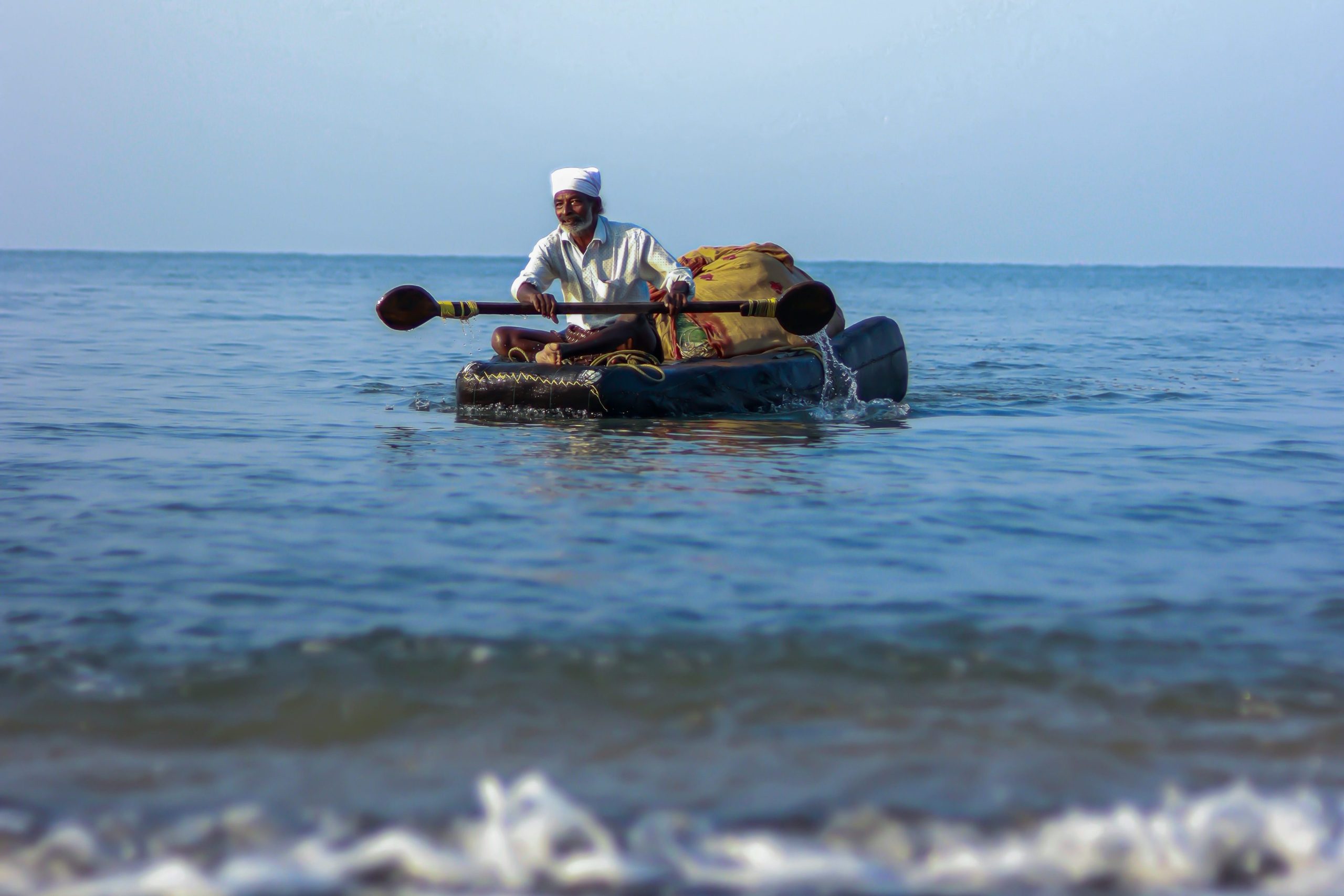
Reviving Dialogue Through Nomadic Heritage
Further knowledge of nomadic cultures and their contribution to world civilization, promote the understanding and appreciation of links between the past, present and future, and thus contribute towards the renewal of intercultural dialogue in the regions concerned;

Empowering Nomads for Sustainable Future
Contribute to the advancement of the nomadic peoples, assisting the nomads to better meet the needs and requirements of today’s world, and preserving their cultural identity, their values and ways of life;

Inspiring Research for Nomadic Futures
Provide a framework for a multidisciplinary study of nomadic civilizations in which scholars, and in particular young scholars, will be able to further their research in relevant disciplines.
Latest news

ХЭРЭГЛЭГЧИЙН СЭТГЭЛ ХАНАМЖИЙН СУДАЛГАА
✅Төрийн байгууллагын үйл ажиллагаа, үйлчилгээний чанар, хүртээмжийг үнэлэх зорилгоор[…]
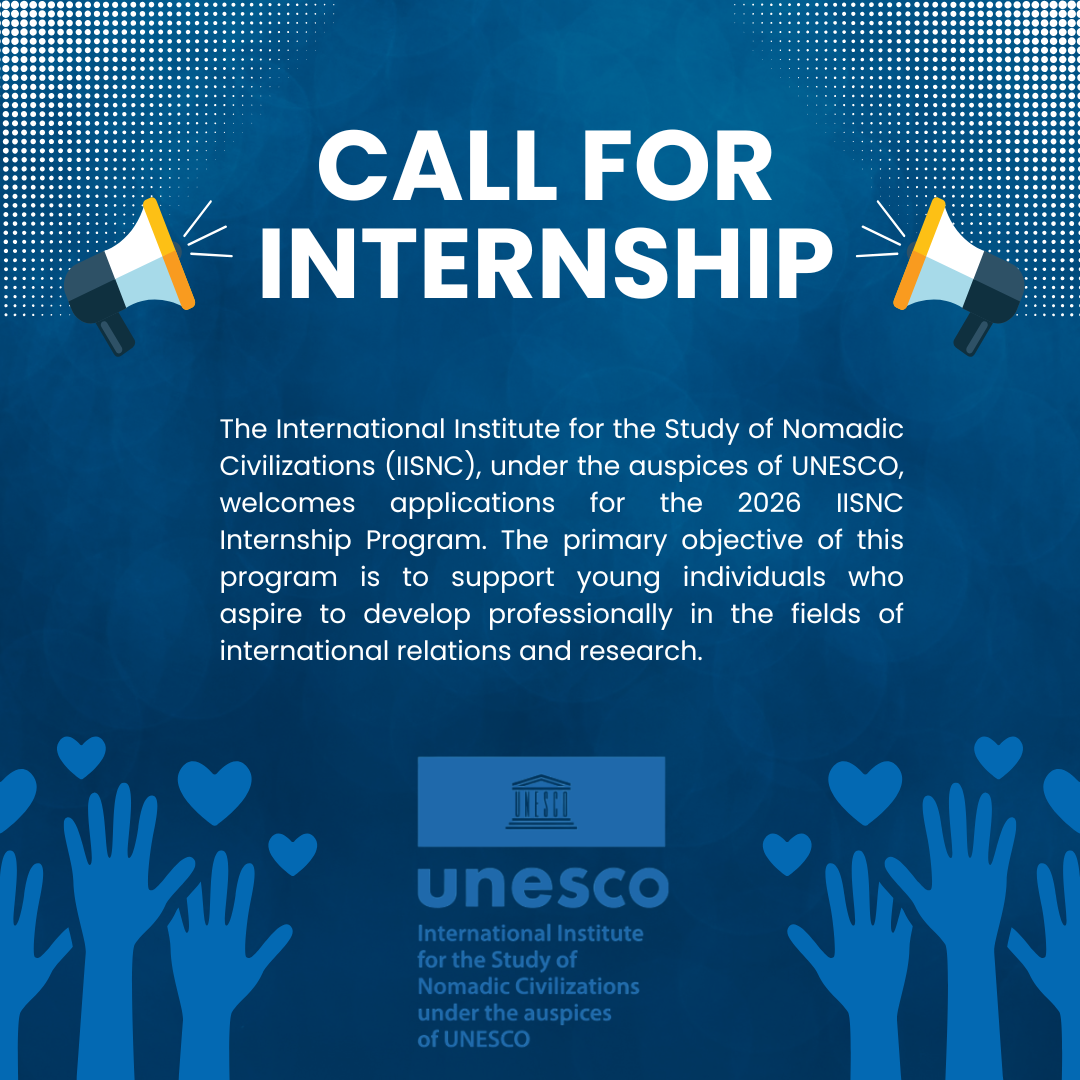
Call for Internship
The International Institute for the Study of Nomadic Civilizations[…]

“International Year of Rangelands and Pastoralists – 2026” opening remark
[English below] The national opening ceremony of the United[…]
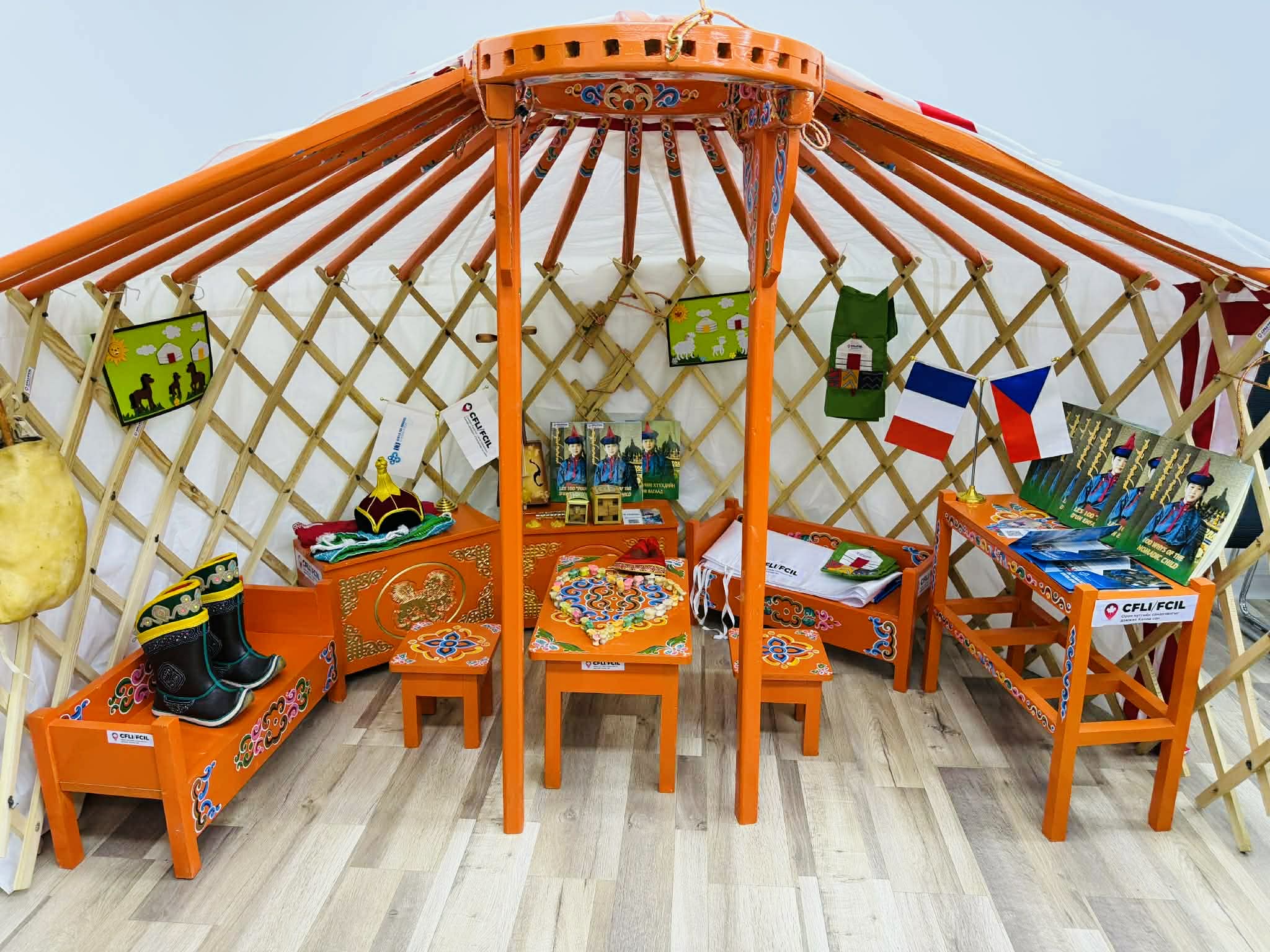
Handover of the Educational Project to Support Nomadic Culture and Education
Within the framework of the “100 Whys of a[…]
Our team
At IISNC, our team unites passionate scholars, visionaries, and cultural advocates dedicated to preserving the spirit of nomadic wisdom while shaping a more connected and sustainable world.
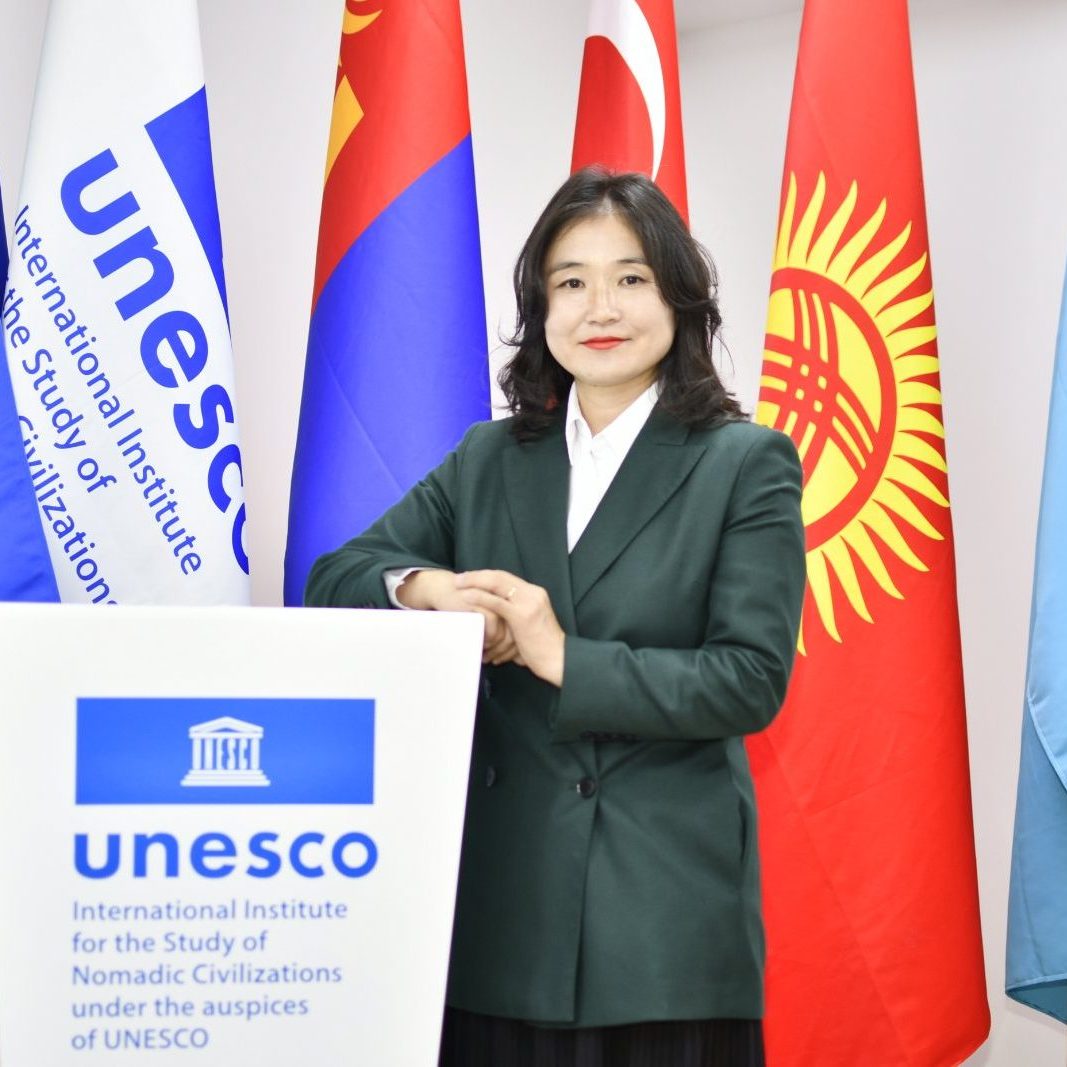
MUNKHTUUL CHULUUNBAATAR (Ph.D)
DIRECTOR
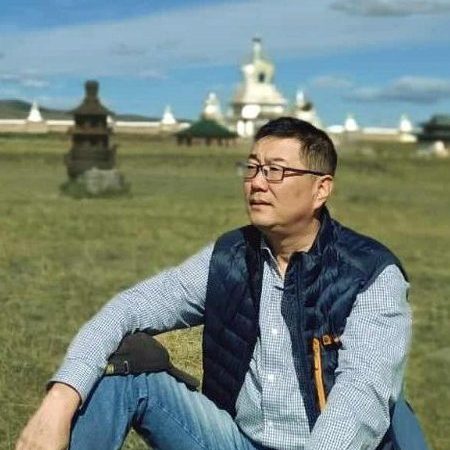
GERELTU HONICHUD (Ph.D)
PROGRAM COORDINATOR
Conferences IISNC became part of
Through international conferences and global forums, IISNC proudly contributes to meaningful dialogues that bridge cultures, inspire innovation, and amplify the voices of nomadic and indigenous communities worldwide. 38 domestic and international joint academic conferences have been organized to study and promote nomadic culture, cultural heritage, and science.
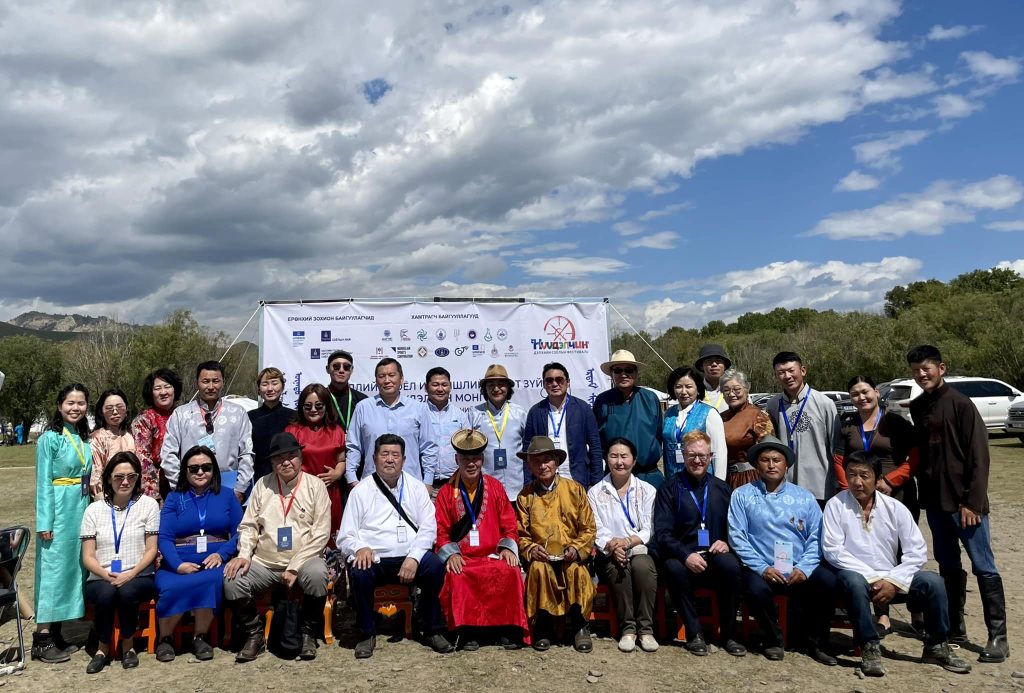
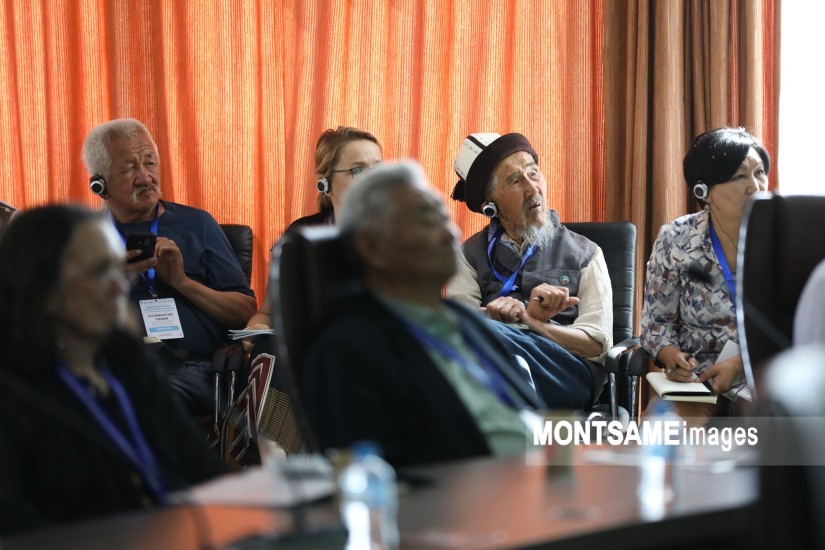
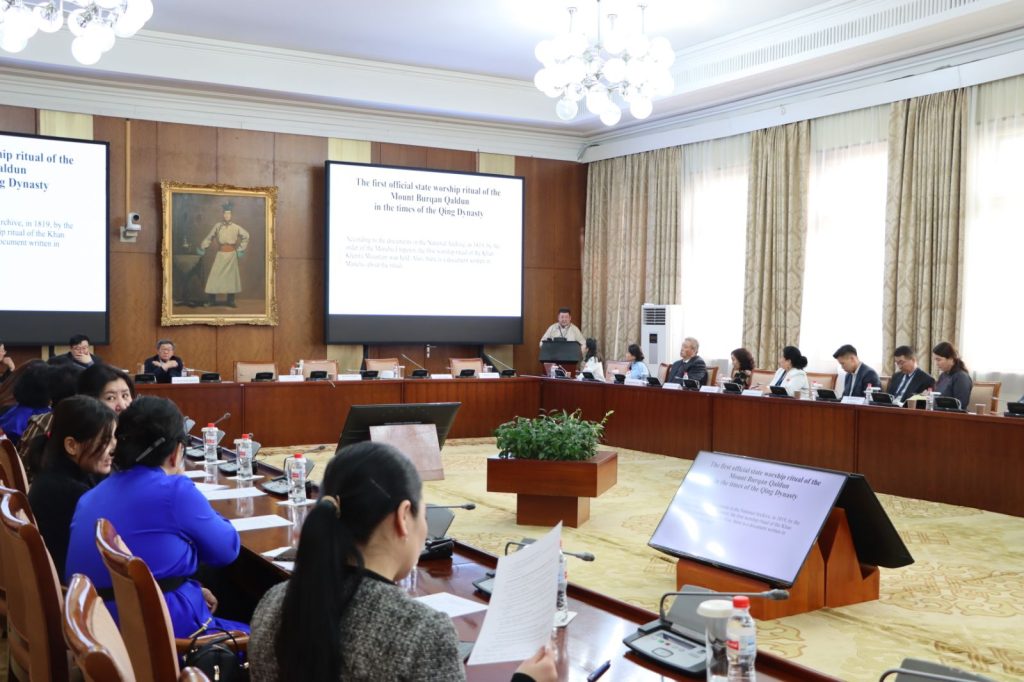
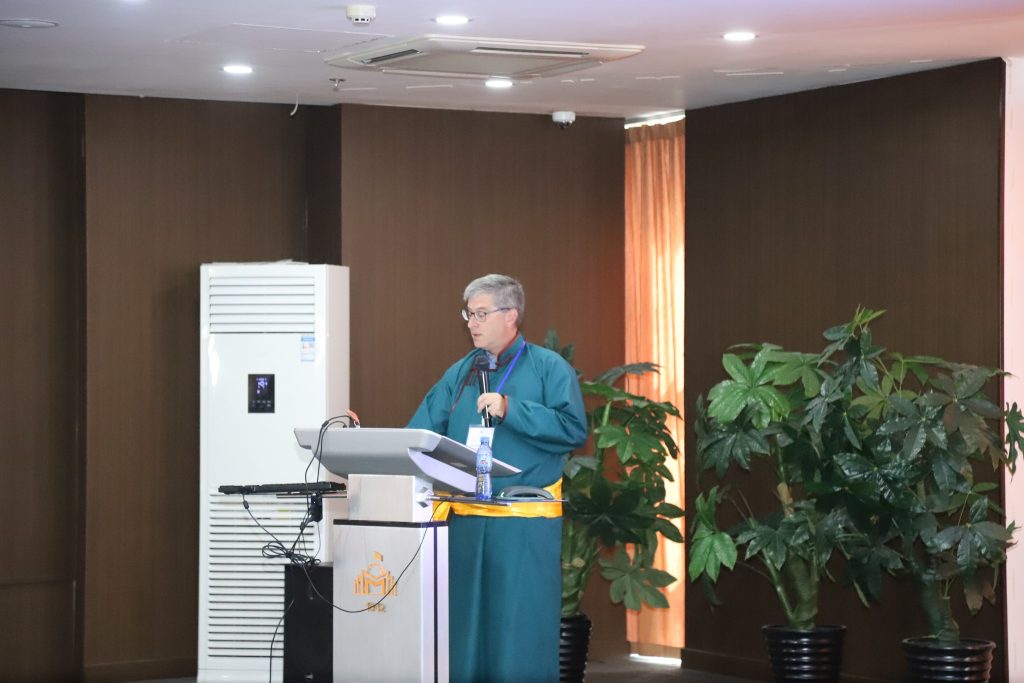
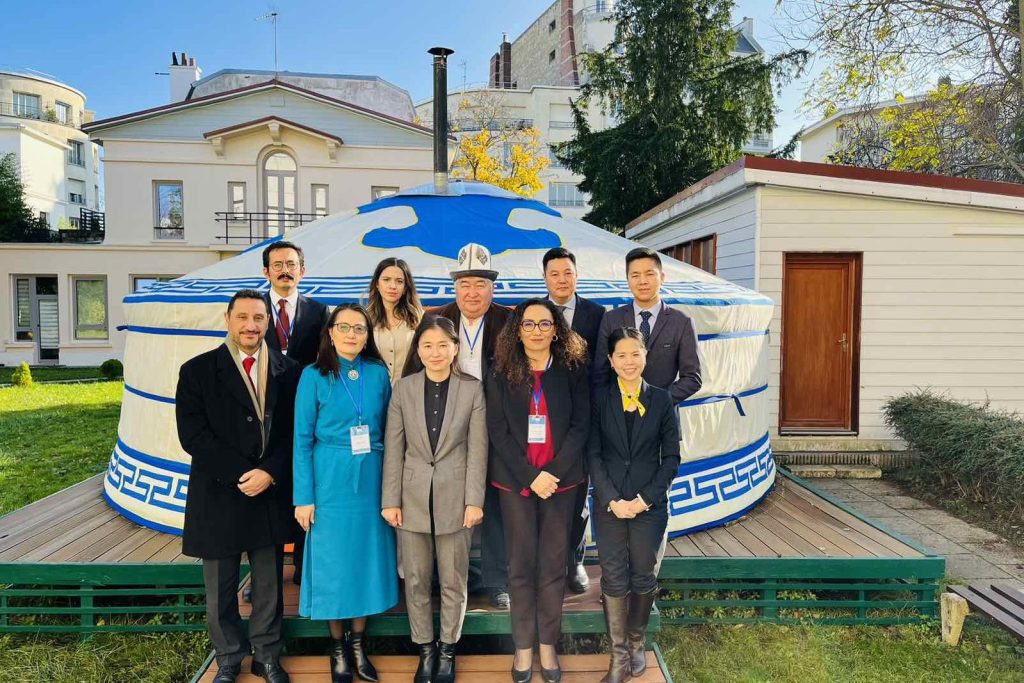
Publications since 1998
Since 1998, IISNC has published groundbreaking research and inspiring works that celebrate nomadic heritage, foster cultural understanding, and illuminate the wisdom of mobility across generations. “Nomadic Studies“, “Intercultural Dialogue”, “Nomadic Civilization Studies” annual academic journals, and “Nomadic” newspaper.
BOOKS
+200
RESEARCH PAPERS
+1200
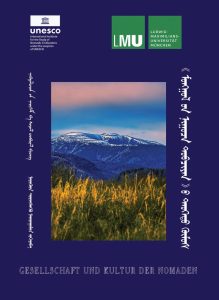
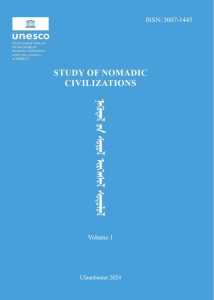
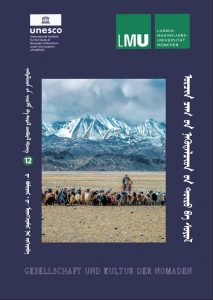
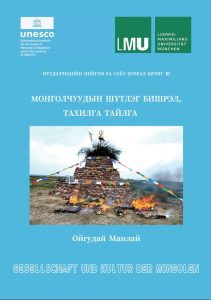
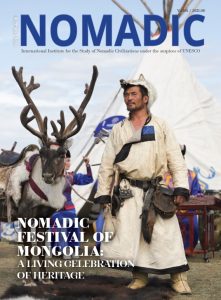
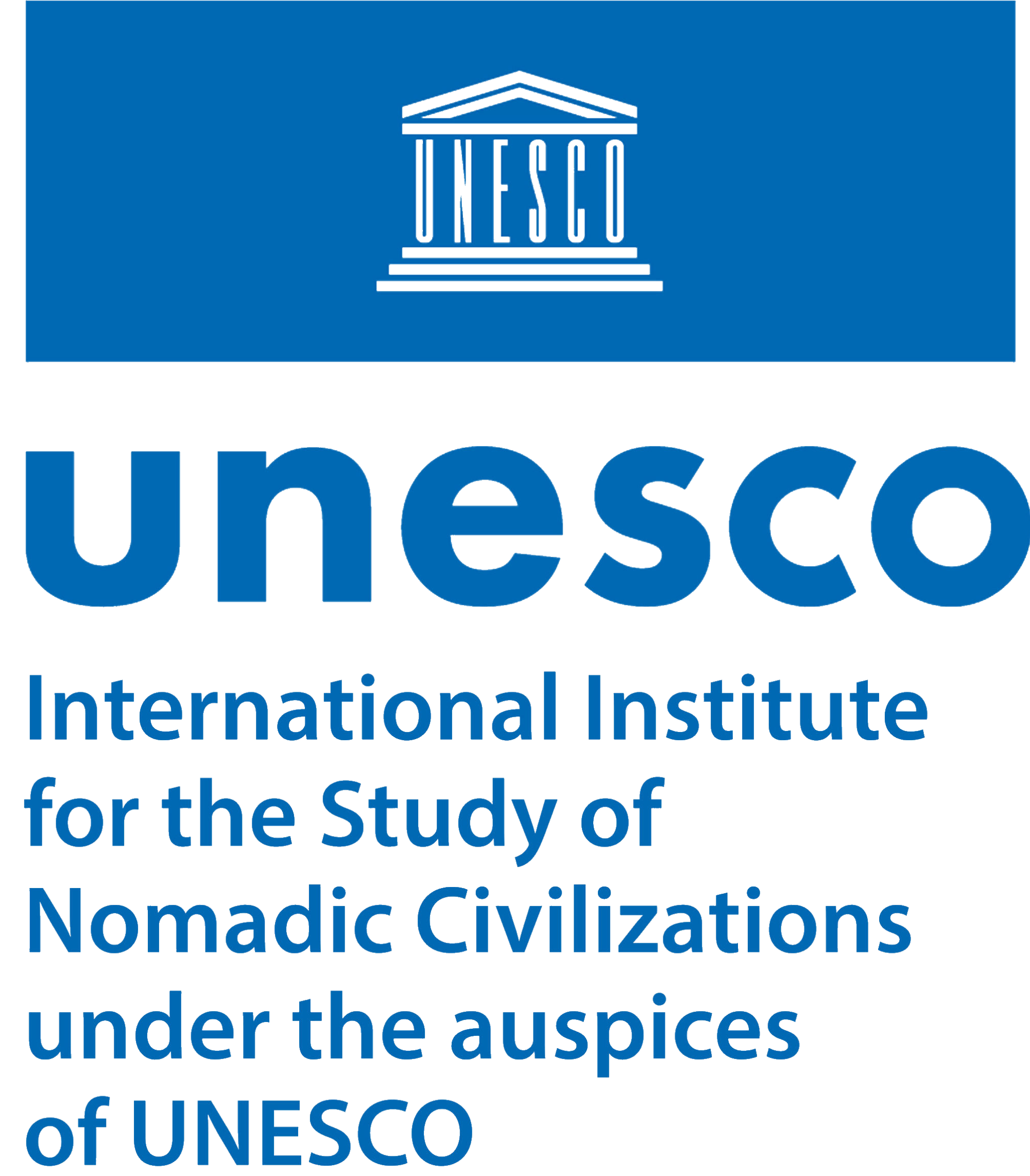
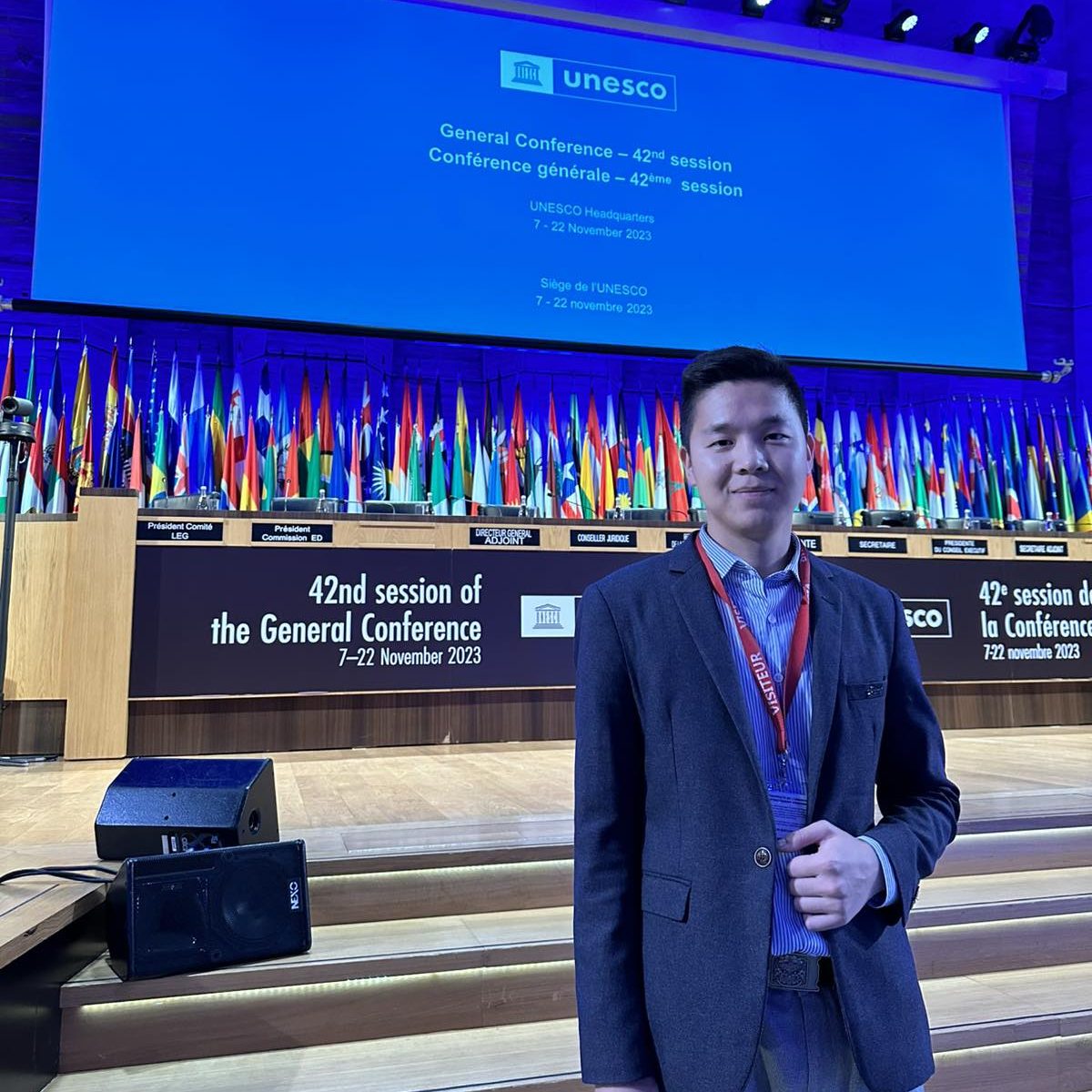

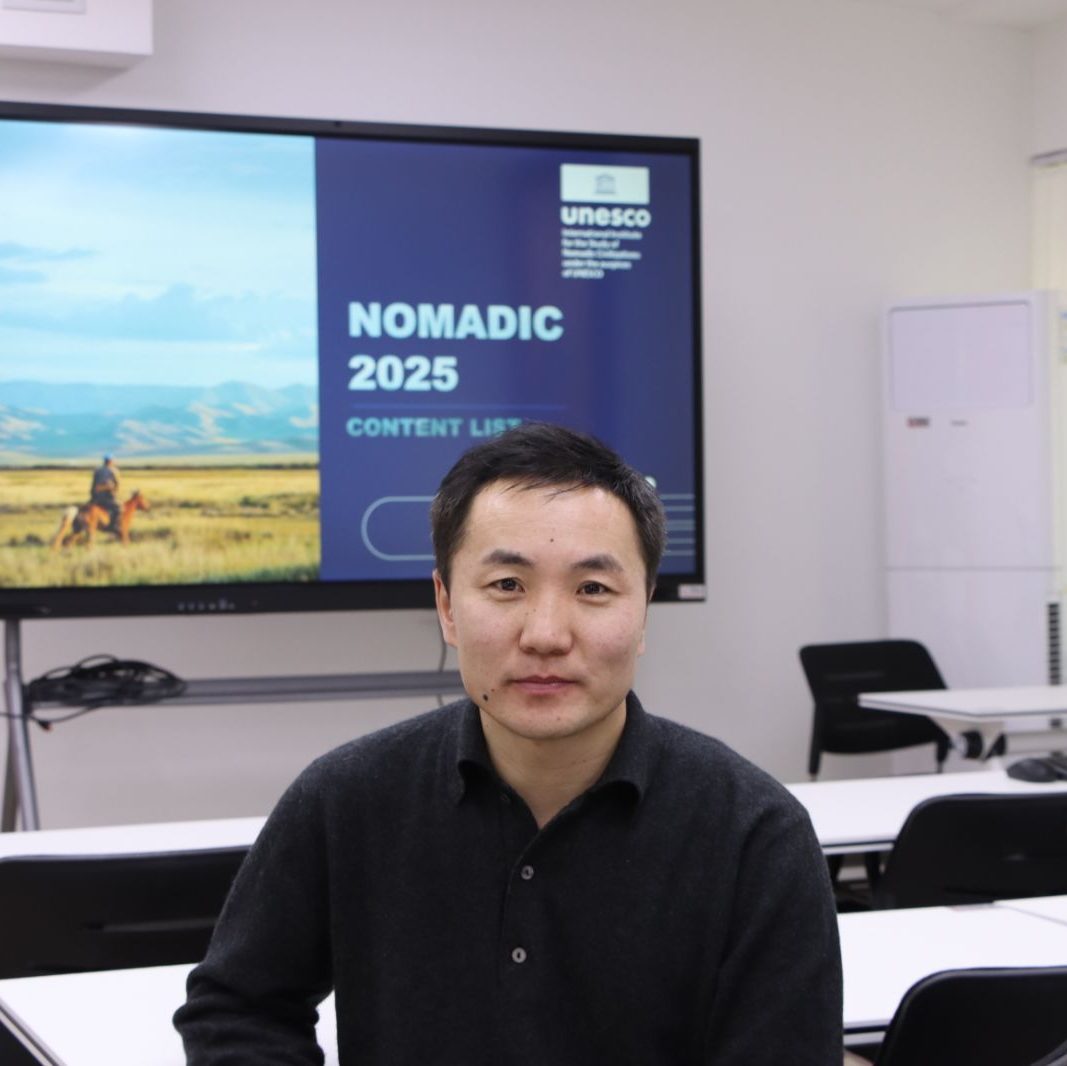



 using WordPress and
using WordPress and